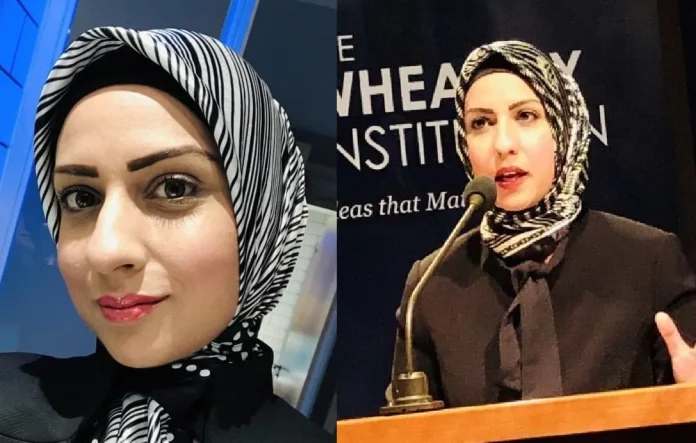
Thursday June 11 2020
In May of this year, 40-year old British Muslim, Raffia Arshad, became the first hijab-wearing woman to be appointed as a deputy district judge on the Midlands circuit. The newly appointed judge says she wants young Muslims to know they can achieve anything they put their minds to and wishes to use her platform to be a trailblazer for diversity.
Indeed, Judge Arshad’s appointment is a positive move for diversity. However, BAME individuals and particularly women remain profoundly underrepresented in the judiciary. The latest figures from judges who declared their information to the Judicial Office highlighted that as of April 1 2019, of the 3,210 in courts across England and Wales, only 205 (6%) are from a BAME background while only 1,013 (31%) are women (of any ethnicity).
Judge Arshad acknowledges this lack of diversity; she told the Metro newspaper that, “The judicial office are doing their utmost to promote diversity and at the time they appointed me they didn’t know I was going to be one of the few hijab-wearing judges out there. I’ve been appointed on merit, not because I wear a hijab. But now it’s up to me to be that voice for them, to make sure the sound of diversity is heard loud and clear and that it gets to the appropriate places”.
Furthermore, in light of her exceptional 17-year career in law, Judge Arshad noted a particular incident which took place before she became a judge, outlining the level of discrimination and unconscious bias that exists within the legal profession, and which resonates with the experiences of women who wear the hijab across all areas of life. Judge Arshad, who was appearing in court as a barrister at the time of the incident, told Metro newspaper that an usher asked her whether she was an interpreter, and that when she said no, he asked whether she was “here on work experience,” to which she replied: “No, I’m actually the barrister”. She reflected on the incident saying: “I have nothing against the usher who said that, but it reflects that as a society, even for somebody who works in the courts, there is still this prejudicial view that professionals at the top end don’t look like me”.
Judge Arshad also revealed that her family feared discrimination at the beginning of her law studies. The Midlands-based judge was advised by her family to not wear her hijab to an interview for a scholarship at the Inns of Court School of Law in 2001. However, she stood firm in her identity. She did not take the advice of her family and eventually ended up succeeding at the interview wearing her hijab where she was granted “a considerable scholarship” to begin her studies.
Judge Arshad was quoted as saying: “I decided that I was going to wear my headscarf because for me it’s so important to accept the person for who they are and if I had to become a different person to pursue my profession, it’s not something I wanted. So I did, and I succeeded in the interview. I was given a considerable scholarship. I think that was probably one of the most profound first steps in my career. It was a solid ‘yes, you can do this’.”
Upon her appointment, the Joint Heads of St Mary’s Family Law Chambers, where Judge Arshad has worked since 2004, said they were “delighted to hear of Raffia’s appointment”, which was “richly deserved”. Vickie Hodges and Judy Claxton said that, “Raffia has led the way for Muslim women to succeed in the law and at the Bar and has worked tirelessly to promote equality and diversity in the profession. It is an appointment richly deserved and entirely on merit and all at St Mary’s are proud of her and wish her every success”.
As a result of this positive move, MEND hopes that Judge Arshad’s appointment sets an example and shows British Muslims, in Judge Arshad’s own words, that they can “achieve anything that they put their minds to” especially in a profession like law and judiciary where diversity remains an area in need of improvement.
MEND has a series of recommendations that we believe may assist industries to address levels of diversity within their workforces. These recommendations include:
- Commit to tackling religious, racial and gendered discrimination in the workplace through targeted interventions at all stages of recruitment, retention and promotion.
- Commit to the use of name-blind applications and targeted interventions within employment aimed at tackling the triple penalty and improving access to employment for British Muslim women specifically.
- Commit to supporting employers to recognise and accommodate religious festivals and religious observance within the workplace, including the provision of halal meat, prayer rooms, and flexible work hours during Ramadan.







